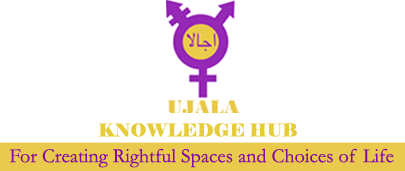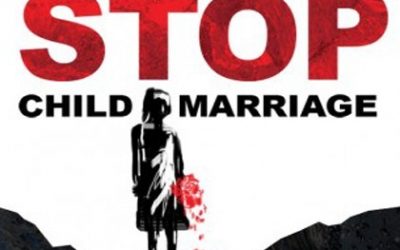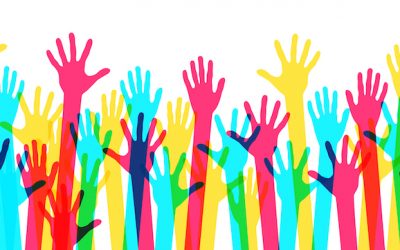Ujala is engaged in a vibrant struggle in difficult times of achieving Basic Human Rights including Reproductive Health. We are working with Civil Society Organizations and communities who are excluded to secure their right to Sexual and Reproductive Health. We work for our weakest segments of society who face harassment, abuse, child and forced marriages, domestic violence, stigma & discrimination, difficulties in accessing health services regarding reproductive health etc.
Ujala Network was conceived and is being led by Awaz Foundation Pakistan: Centre for Development Services who is an independent non-governmental organization; follows rights based approach to raise voices for creating rightful spaces and choices of life for all particularly marginalized segments including women, children and young people since 1995. Ujala has 48 Members working in 44 districts across Pakistan including Azad Jammu & Kashmir and Gilgit Baltistan. We believe that everyone either Men, Women, Young boys & Girls, Person living with special abilities, Transgender has the right to lead the life where they can achieve all of their basic human rights and can achieve a safer, improved and more successful future through policy advocacy for laws, policies and programmes that will make a difference in their lives.
Ujala have faith in building capacities of civil society including NGOs, Media, Parliamentarians, Academia, Government Departments, Legal Fraternity etc. by engaging them in different platforms to eliminate all forms of gender based violence, advocating for Life Skills Based Education, Access to youth Friendly health services and to eliminate stigma and discrimination against person with special abilities and transgender community.
Ujala works on collecting evidence for advocacy, Alliance building, influencing policy improvement, implementation of existing policies and laws to transform social norms.
Currently, there is a huge gap between policies, budgets and implementation, with regards to women and youth issues overall. In the past few years, departments and policies have been established and passed, but budget allocation and implementation structures and mandates have still not been set out. Minor achievements due to civil society efforts and collaborations with governments have been achieved, particularly with Life Skills- Based Education (LSBE) in case of Sindh and Balochistan but has been gradual and slow.
The effectiveness of laws and policies will only be seen if they are designed keeping in mind the specifications, requirements and special consideration to the impact of social and cultural practices by ending GBV, access to SRH services and information vis-à-vis Person with special abilities, Transgender community, Men and Women, Young boys and girls etc. Specifically, decreased violence against women and girls requires a community-based, multi-pronged approach, and sustained engagement with multiple stakeholders. The most effective initiatives address underlying risk factors for violence, including social norms regarding gender roles and the acceptability of violence that can be done
We aim to create Rightful spaces and choices of life having complete realization of Sexual and reproductive health & Rights as per need of our cultural context and requirements.


Posts from categories
THE SINDH PROTECTION AND PROMOTION OF BREAST-FEEDING AND CHILD NUTRITION ACT, 2013.
Click here to view & download
KP_Disabled person (employement & rehabilitation) Act,_2012_XVI_of_2012
Click here to view & download




